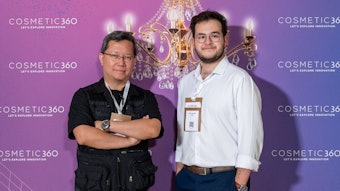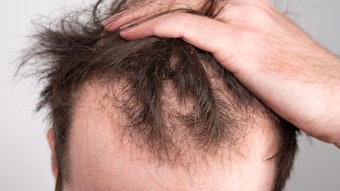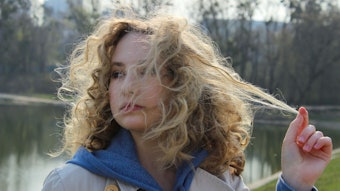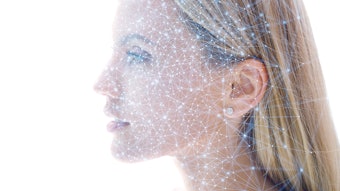A recent feature in GCI reports that as "eco-friendly" labels continue to become increasingly evident in the cosmetics industry, a new label is also emerging targeted at one of the fastest-growing consumer groups in the world: the halal cosmetics label, designed for Muslim consumers, which now comprise approximately 20% of the global population. The halal label appeals to Muslim consumers seeking integrity and authenticity in their beauty and personal care products. Concerns about animal-derived ingredients—such as gelatine and collagen—in beauty products are fueling demand, and some consumers even perceive such products as more ethical.
International sales of halal-certified beauty and personal care products are upward of $5 billion, and a growing number of beauty and cosmetic ingredient firms are taking up halal certification in Asia. The highest adoption rates are in Muslim countries where multinationals that include Colgate-Palmolive and Avon have launched halal-certified products. Also, international chemical firms like BASF and CP Kelco are developing ingredients certified for such markets.
At present, 57 certification agencies are authorized to halal-certify products, according to the halal cosmetics standard. Although the highest adoption rates are in countries like Malaysia and Indonesia, certification is also catching on in Europe and North America. With a lack of local brands of natural and organic cosmetics in these regions, there is a clear gap in the marketplace. A major challenge is formulating beauty products that meet two or more standards, as many European brands have discovered.










